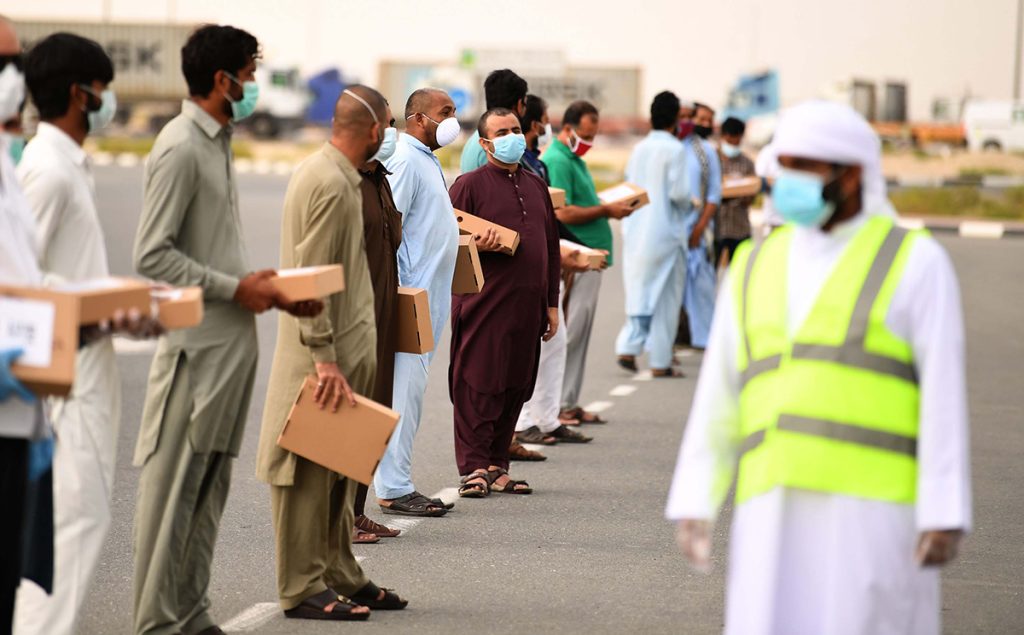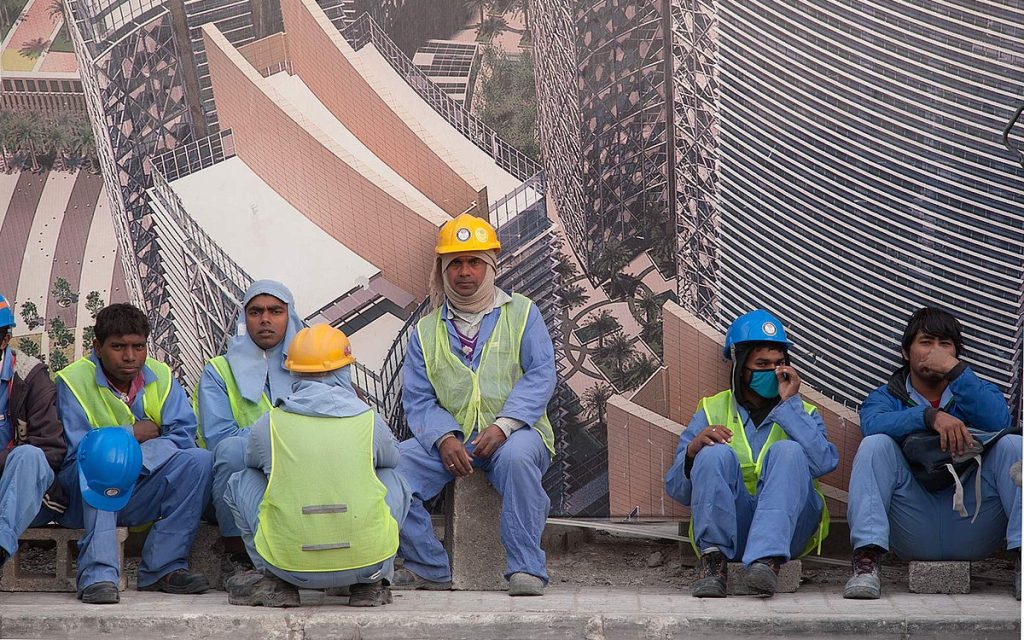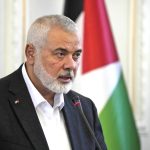The Pakistan Senate Standing Committee on Overseas Pakistanis was informed about deplorable standard of Pakistani workforce, mainly in the Gulf region, has led to the shifting of preferences by Gulf employers to hire workforce from other regional countries, such as Bangladesh, instead of Pakistan.
Most of these people visit Saudi Arabia on Umrah visas and Saudi authorities have reported that 90 per cent of all beggars arrested in the country, were Pakistanis.
After facing criticism from members of the committee regarding failure of the government to harness potentials of Pakistani diaspora, the secretary of Ministry of Overseas Pakistanis and Human Resource Development, Dr Arshad Mahmood, presented a bleak picture of the situation of Pakistan labour force in Gulf countries.
He said that 50 per cent of the crime rate among the UAE labour force is reportedly attributed to Pakistanis.

The committee was further informed that UAE authorities have recently expressed concern over inappropriate behaviour of some Pakistanis in their country, which includes making videos of women in Dubai without their consent.
The secretary of the ministry said there was a declining trend in overseas employment for Pakistani labour force as despite modernisation and advancement in technology a significant portion of the Pakistani labour force remains unskilled.
The committee was informed that lack of resources and skill development of Pakistani labour force has resulted in replacement of Pakistani workers from other countries.
Dr Mahmood said that skilled labour force from countries such as Bangladesh serves as an inspiration and Pakistan needs to follow suit.
The secretary said that Pakistani diaspora includes 10.7 million individuals, primarily working in Saudi Arabia, UAE, US, UK and Canada.

In recent years, a noticeable trend has emerged in the Gulf region where employers seem increasingly reluctant to hire Pakistani workers. This shift can be attributed to a combination of factors ranging from economic conditions to perceptions about skillsets and compliance issues.
One significant factor is the growing preference for workers from other South Asian countries, particularly India and Bangladesh. These nations are often seen as having a more robust skill set in sectors like technology and engineering, or offer cheaper labor in fields like construction and hospitality. The perception that Indian and Bangladeshi workers are more adaptable or have better training can make them more attractive to employers.
Another crucial aspect is the issue of compliance with visa and labor regulations. Pakistan has faced challenges with paperwork and processing delays, leading to complications for employers. This bureaucratic inefficiency can make hiring Pakistani workers less appealing compared to other countries with more streamlined procedures.
Economic conditions also play a role. The Gulf economies have been fluctuating, and many employers are increasingly cost-conscious. They seek workers who can deliver the highest value for the lowest cost, and the competitive nature of the labor market has led to a preference for workers from regions perceived to be more economically advantageous.

Additionally, there is an element of perception and past experiences. Employers in the Gulf may have had negative experiences with Pakistani workers related to issues of reliability or skill mismatch, which can influence their hiring decisions. Although these perceptions do not reflect the capabilities of all Pakistani workers, they impact overall hiring trends.
Addressing these challenges requires a concerted effort from both Pakistani workers and their government to enhance skills, streamline labor processes, and improve perceptions in the Gulf region.
Earlier, Consul General of the United Arab Emirates in Karachi, Bakheet Ateeq al-Remeithi, has asked Pakistanis in the UAE to avoid spreading negative propaganda against their country, its institutions or politicians.
The UAE Consul General said negative propaganda against Pakistan by Pakistanis living or visiting the UAE was noticed on social media for which many were arrested and sentenced to 14 to 15 years in jail. More than five Pakistanis were sentenced to life imprisonment while most of them were deported, he said.
The UAE Consul General warned such Pakistanis would not get visas for Gulf countries, including the UAE, and would not be able to go there. “They should avoid sharing or forwarding any such matter on the social media,” he said, adding “Strict action will be taken against them as per law if they do so.”
Additionally, keep in mind that the likes and shares you post on social media will remain in your account history. If this is the case, you will not be granted a visa if you apply for it and your past is the same.

Bakheet Ateeq al-Remeithi said citizens of some 200 countries having different religions and nationalities live in peace in the UAE. The number of Pakistanis in the UAE has exceeded 1.8 million, he said. The UAE Consul General appealed to Pakistanis not to bring their political differences to Dubai. He said citizens involved in such propaganda in Pakistan are being questioned for obtaining Emirates visa.
In response to a question, Bakheet Ateeq said there was no restriction regarding the UAE visas. “Not only visas are being given to Pakistanis, all possible facilities are being provided in the Consulate,” he told this correspondent. He said the rules for the UAE visas have been tightened.
He asked Pakistanis to visit the northern areas of their country or other tourist places before going to Dubai.








